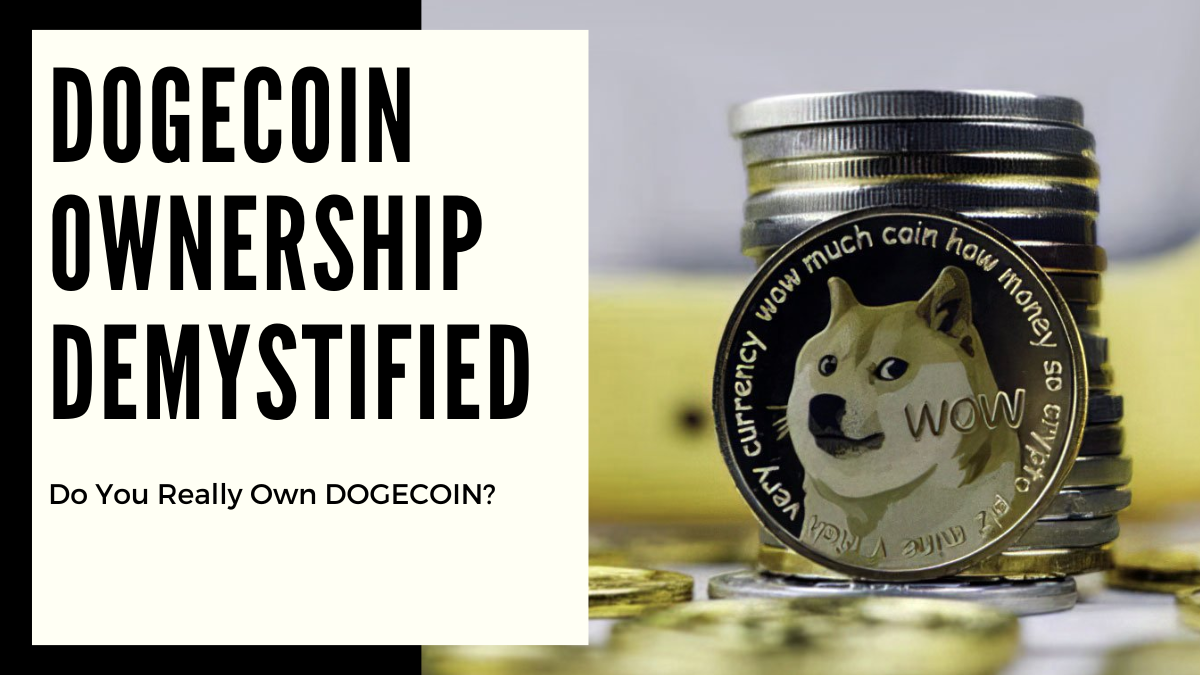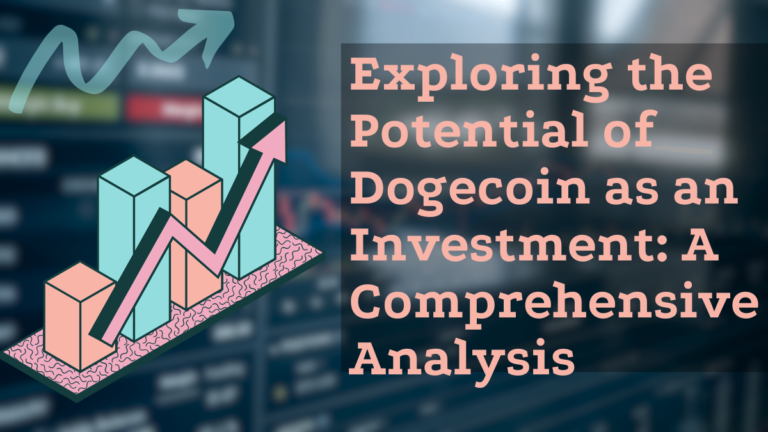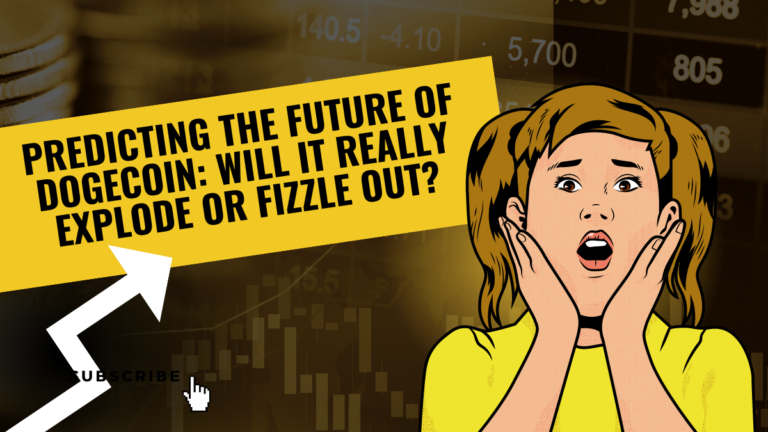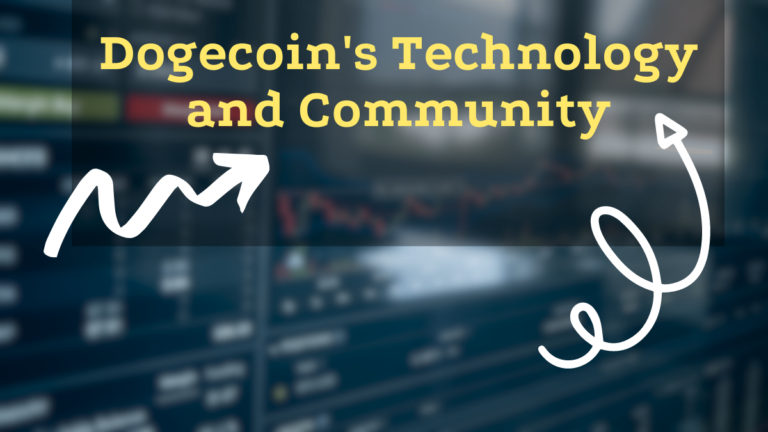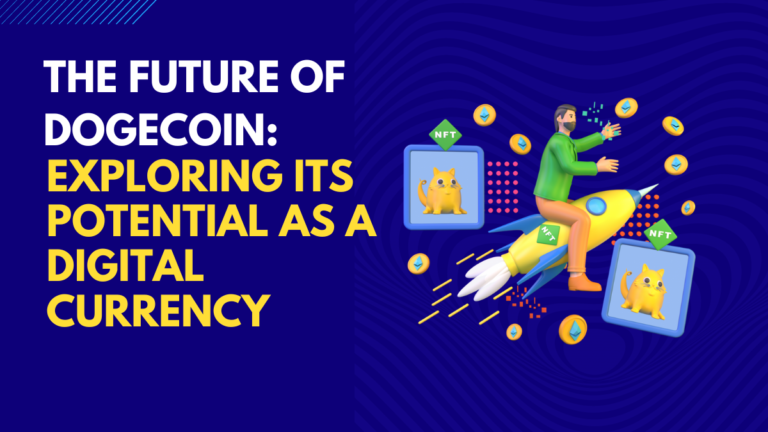Dogecoin Ownership Demystified: Do You Really Own DOGECOIN?
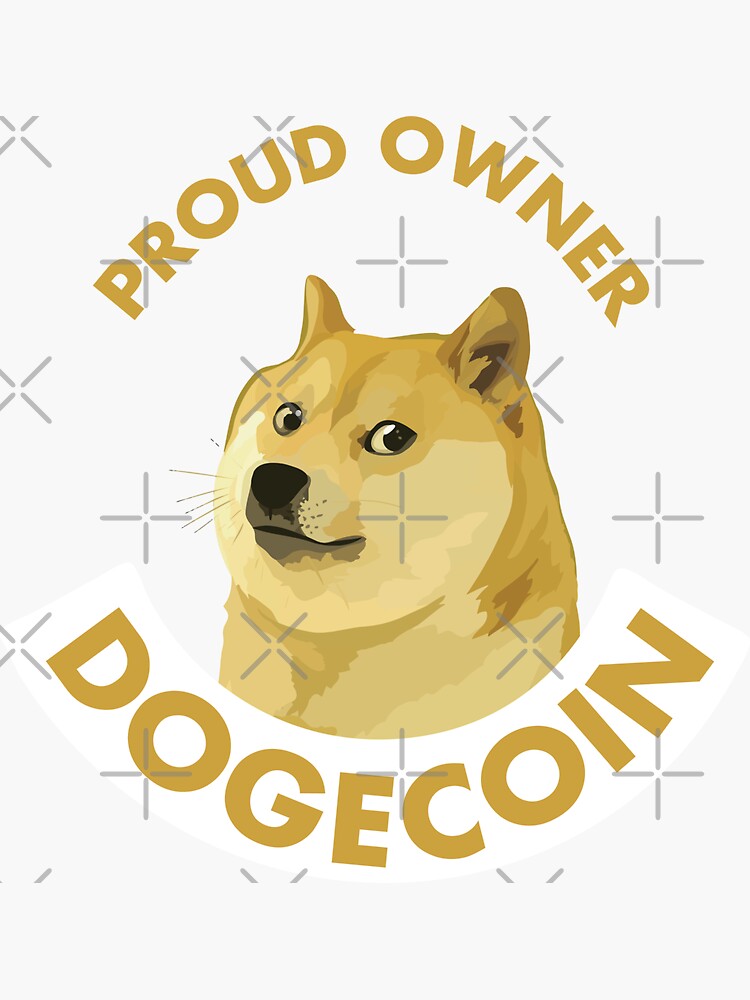
Are you a proud dogecoin owner? Woof, woof! But here’s the real question: Do you truly own your DOGE tokens? Get ready to dive into the wild world of cryptocurrency ownership as we demystify everything about dogecoin ownership. From blockchain basics and digital wallets to the intricacies of decentralized finance (DeFi), we’re here to unleash all the secrets behind being a true Doge master! So, buckle up and join us on this thrilling ride as we unravel one paw-some mystery after another. Let’s go beyond “much wow” memes and discover whether you really have a leash on your beloved DOGE or if it’s just chasing itself’s tail in the vast cyberspace!
Table of Contents
What is Dogecoin?
Dogecoin is a digital currency that was initially created as a joke, but has since developed into an interesting and popular option. Like other digital currencies, Dogecoin operates on a blockchain. The blockchain is a shared public database that allows for secure, transparent and tamper-resistant transactions.
Dogecoin uses the Shibboleth protocol to create unique “shibes” or “coins.” Two shibes are equal to one Dogecoin. To generate Dogecoins, you need to input data into a block explorer or mining pool and solve complex mathematical challenges. Due to its simple premise, Dogecoin has attracted a large number of users who want to use it as an alternative mode of payments.
You can also buy goods with Dogecoins using online marketplaces like BitBargain and eCurrency Exchange . Additionally, you can donate your coins to charity using Dogecoin donations addresses.
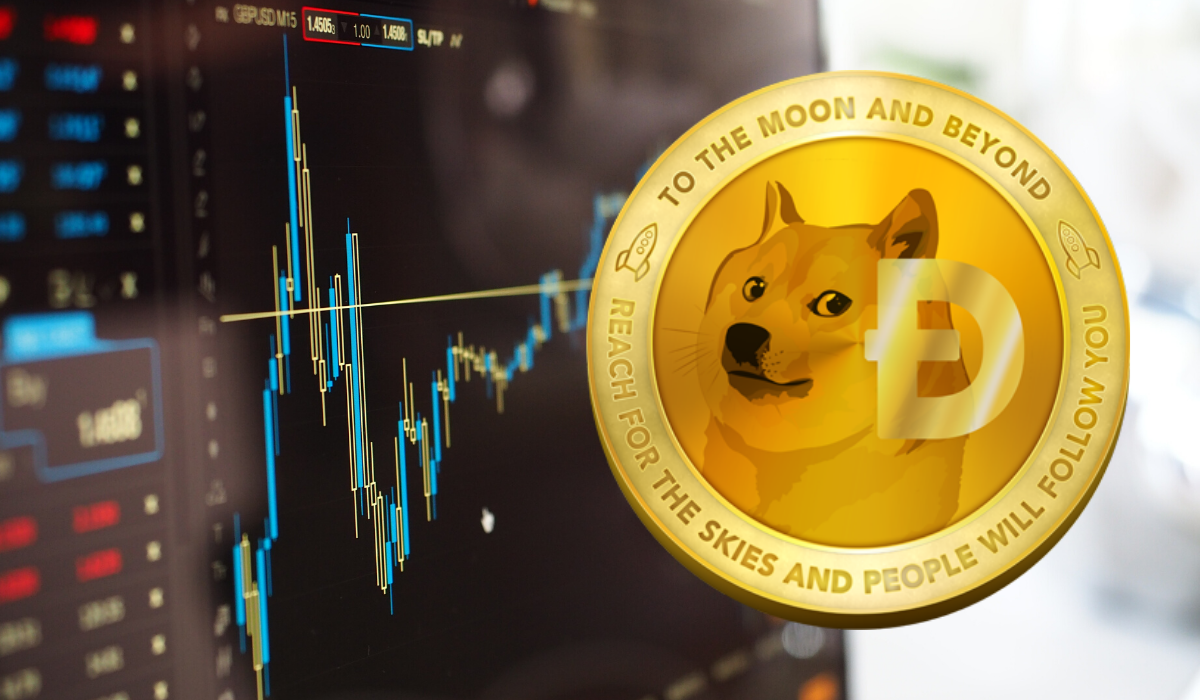
How Does Dogecoin Work?
Dogecoin is a new digital currency that was created in December 2013. It’s based on the Bitcoin protocol but uses a demurrage mining algorithm that rewards miners for keeping Dogecoins in circulation. Every 4 weeks, 1/10th of all Dogecoins in circulation are created and distributed to miners.
To own Dogecoins, you must first acquire them through mining or by trading for them on an exchange. Once you have them, you can store them in a computer wallet or exchanger like Poloniex. You can also use Dogecoin to buy goods and services online.
Who Owns Dogecoin?
Dogecoin is a digital asset and currency created on December 8, 2013. Named after the Doge meme, Dogecoin is built on an open source protocol and uses peer-to-peer technology to operate. As of February 2015, 100 billion Dogecoins have been created and circulation is around 55 billion.
There is no central authority or ‘issuer‘ of Dogecoin. The coins are created through a process called ‘mining’. Users who want to obtain Dogecoins can mine them by contributing computing resources to help verify and confirm transactions.

The ownership of a Dogecoin is not transparent like that of most cryptocurrencies. Although investors can see how many Dogecoins are in circulation, they cannot see who owns them or where they came from. This lack of transparency has led some concerns about the security and credibility of the coin.
However, Dogecoin has been relatively stable in terms of its value against other currencies and has occasionally experienced spikes in value as a result of significant news events.
Who Decides Who Owns Dogecoin?
Dogecoin is an open-source peer-to-peer digital currency that enables instant payments to anyone in the world. Like other digital currencies, Dogecoin is decentralized, meaning it is not subject to government or financial institution control. As such, it exists as a virtual currency without any real world utility.
Like most virtual currencies, the true owners of Dogecoin are difficult to determine. Unlike traditional money, where banks and governments maintain ownership records, no individual or organization can be identified as the sole owner of Dogecoin. Dogecoin’s global network of users collectively create and maintain its transactions database – known as the blockchain – which allows for anonymous ownership and trading.
Despite this lack of identifying information, some individuals have claimed to be owners of Dogecoin. However, this is not always accurate and cannot be verified. Ultimately, who really owns Dogecoin remains a mystery.
Dogecoin is an open-source peer-to-peer digital currency.
Conclusion
After reading this article, it should be clear that Dogecoin is a digital asset that is still subject to the same risks as any other financial investment. Although it may seem like owning a ton of Dogecoins gives you some sense of security, in reality your coins are just as vulnerable as any other investment to market fluctuations and theft.
So before you put liquefied dogecoins in your wallet, make sure you understand everything that goes into owning them – including the risks!
In short, while Dogecoin may seem like a harmless way to spend bitcoin, it’s important to remember that the digital currency is still a volatile and speculative investment. So before you put any money down, be sure to fully understand the risks involved.
